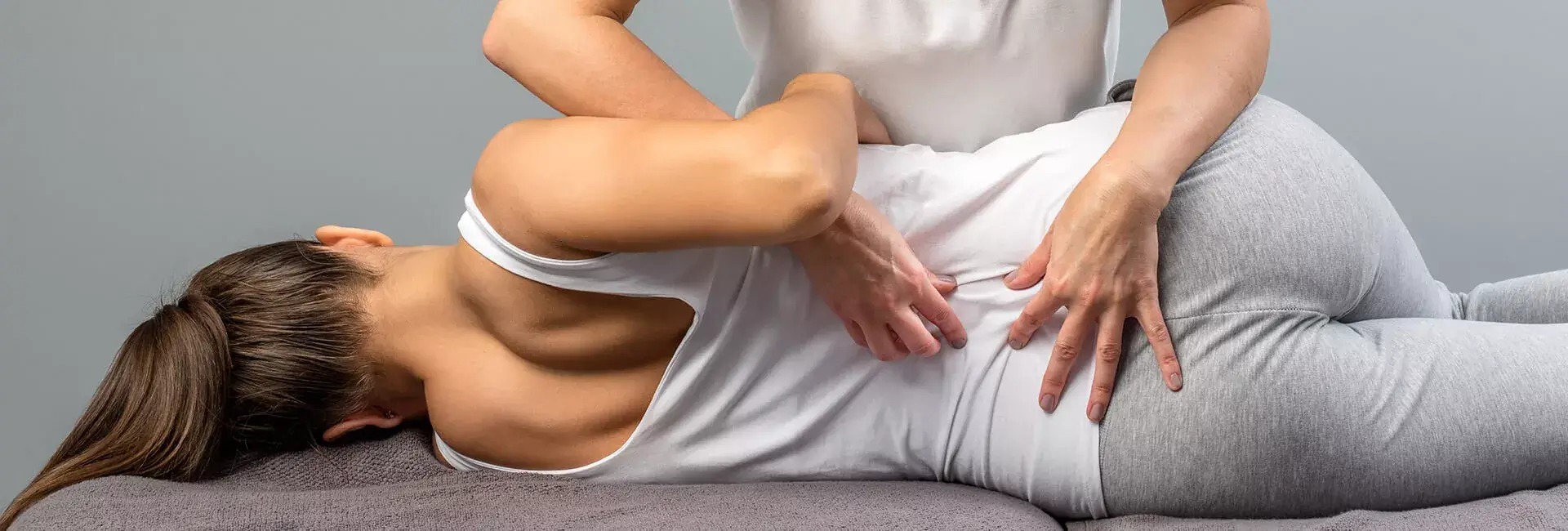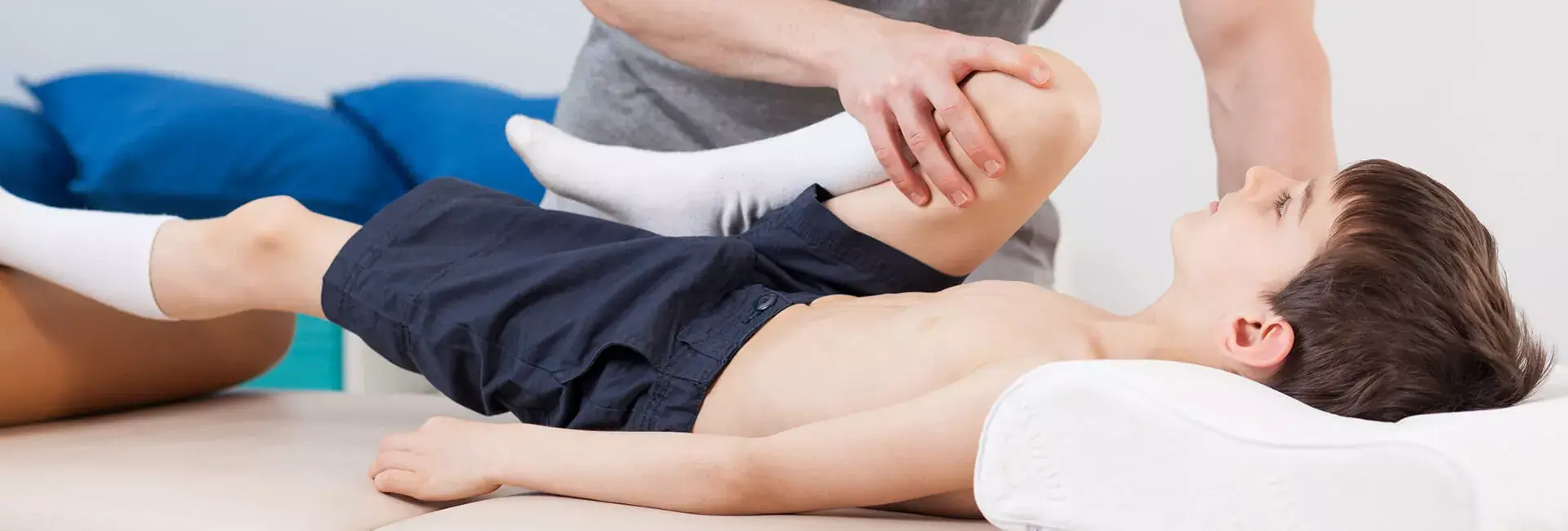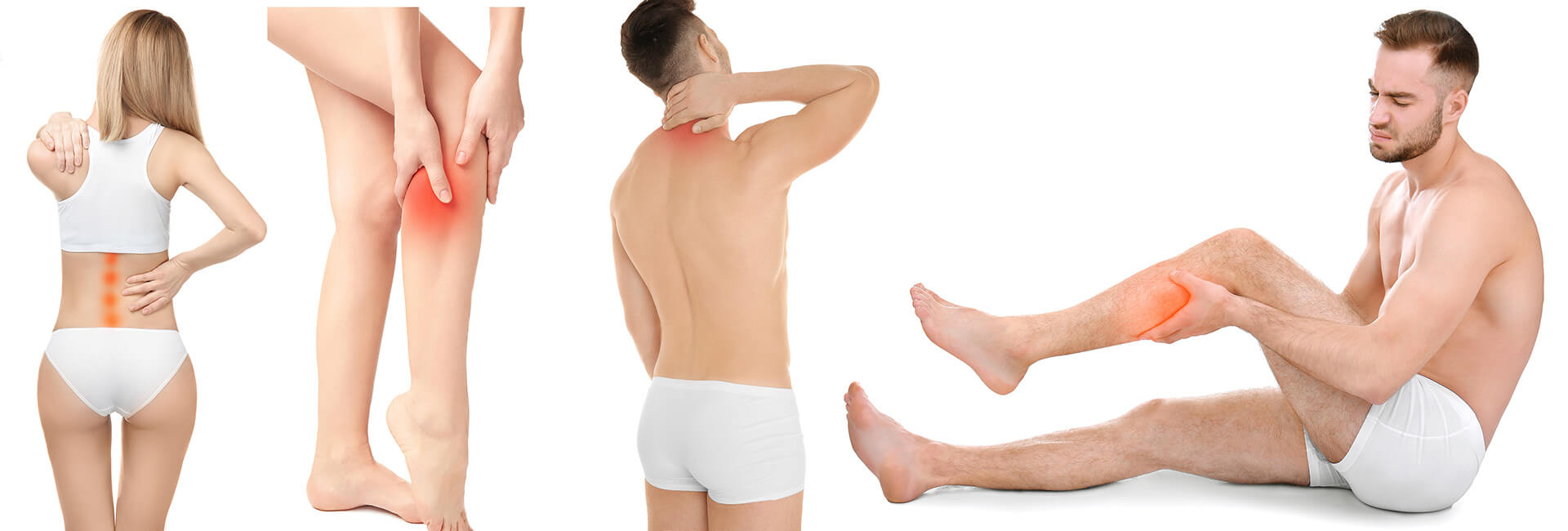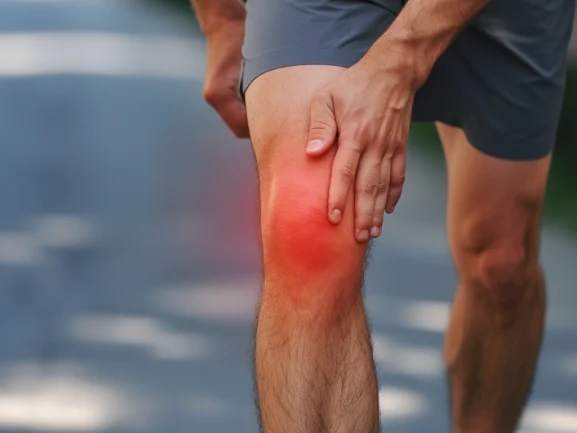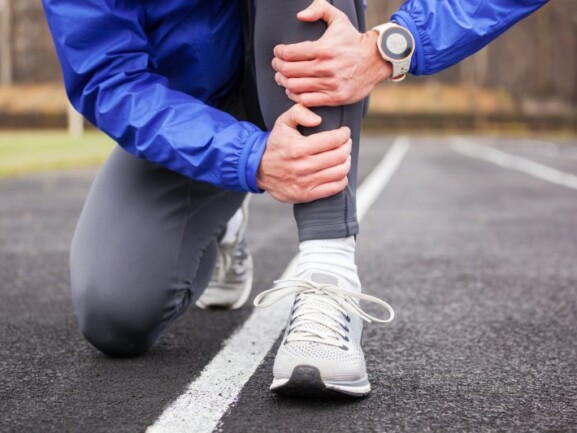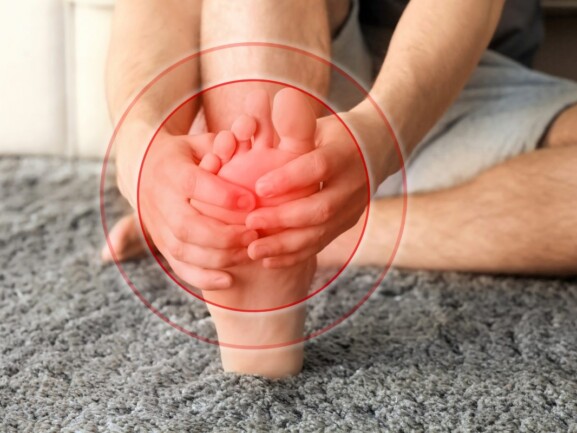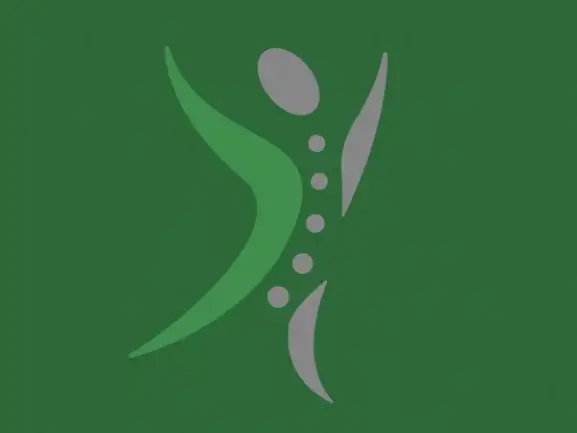Redhill & Reigate Osteopaths
Osteopathy is a way of diagnosing, treating and preventing health problems by moving, stretching and massaging a person’s muscles, spine and joints. Osteopathy is based on the principle that an individual’s well-being depends on their bones, muscles, ligaments and connective tissues working in harmony with the rest of the body, including the internal organs and the nervous and circulatory systems.
Osteopaths train for a minimum of 4 years which they learn a wide range of ‘structural’ techniques while also gaining a comprehensive knowledge of human anatomy, physiology and disease. This gives them an unrivalled insight and understanding of the human body, including how it functions and what is required to restore it back to full health naturally.
Osteopaths use a range of these ‘structural techniques’ which include joint and spine mobilisations and manipulations, soft tissue massage techniques, exercise prescription and postural advice. Many will also support this with additional training in modalities such as cranial osteopathy, and visceral (organ) osteopathy as well as functional, fascial, muscle energy and sports injury techniques.
This additional training may take place either as part of undergraduate training or as part of a program of Continued Professional Development (CPD) which is overseen by the UK regulatory body, the General Osteopathic Council (GOsC). For further information about this, please click here.
Osteopathic techniques aim to:
- Increase mobility in the spine and joints
- Relieve muscle tension to ease general aches and pains
- Enhance the blood supply to tissues
- Help the body to heal and return to a healthy functional level
Visit our Osteopathy Clinic
Our clinic is located on the A25 at the junction of Fengates Road, near Donyngs Leisure Centre. Car Parking is available locally or in the short-term car park on Linkfield Corner. Alternatively, we are located within walking distance (approx 13 minutes) of Redhill Station.
The Westway Clinic, 17 Hatchlands Road, Redhill, Surrey. RH1 6AA
We are committed to quality, affordable healthcare for the whole family.
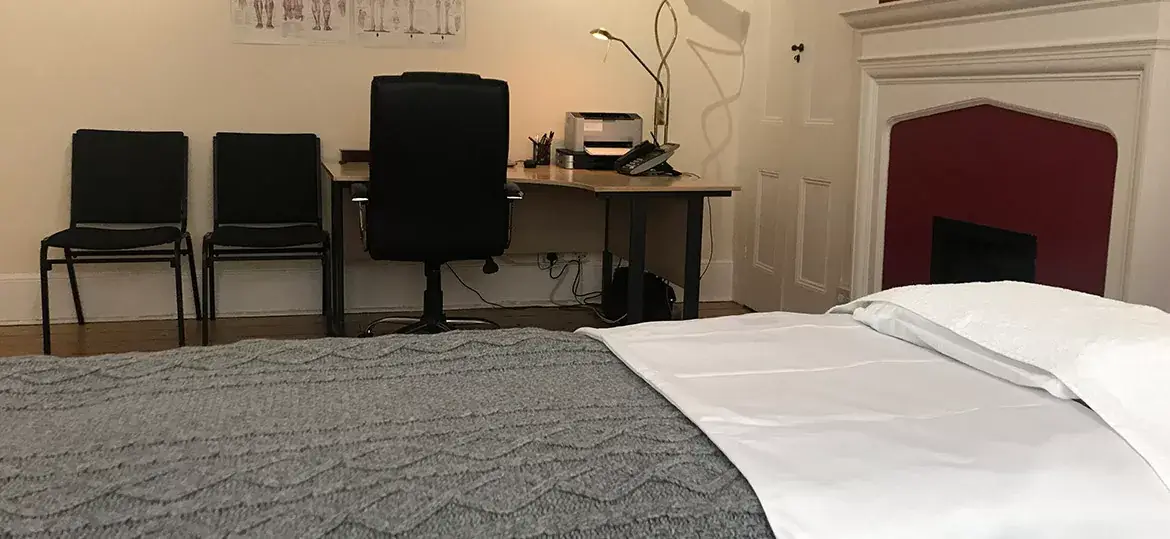
The new property allows us to meet the needs of the 21st-century patient in a refurbished, light and airy Victorian property, which still retains many of its original features but also offers the comfort of modern facilities, including accessible rooms.
Opening Hours: Monday – Friday 9.00 am – 7.30 pm
Saturday 9.00 am – 1.30 pm Sundays & Bank Holidays – CLOSED
What our clients say
Conditions Treated
Our osteopaths have a wealth of experience in helping patients who are suffering from aches and pains caused by a variety of different means. Whether it be driving or the stress of work, our osteopaths also have extensive experience with babies, toddlers, school-aged children and teenagers struggling with carrying school work or spending too much time at a computer workstation.
In the UK, osteopathy is a health profession regulated by UK law and, since 1993, all osteopaths have had to be registered with the GOsC in order to be able to legally practice and use osteopathic techniques. This provides you with confidence that your osteopath is fully qualified and experienced.
Osteopathy has been shown to be able to help with a wide range of conditions, including:
- Arthritic pain
- Circulatory problems and cramps
- Digestion problems
- Fibromyalgia
- Frozen shoulder/shoulder and upper limb pain/tennis elbow associated with musculoskeletal problems in the back and neck
- Headaches (originating from the neck area)
- General joint pains, including those linked to arthritis and sports injuries
- Lower back pain and ‘lumbago’
- Migraine prevention
- Minor sports injuries
- Muscle and joint pain associated with driving, work, screen time, schoolwork or pregnancy
- Muscle spasms
- Neuralgia
- Tension and tension-related discomfort
- Rheumatic pain
- Sciatica and uncomplicated ‘trapped nerve’ type pains
- Uncomplicated neck pain
More information is available about Osteopathy, how it works and what it can help – simply visit the website of the Institute of Osteopathy.
Osteopathic treatment is deemed to be safe and suitable for most individuals, but your osteopath will discuss the limitations and options available for your specific problem. Every osteopathic treatment is tailored by the osteopath to suit individual cases. Certain individuals, for example, such as babies and children, maybe more receptive to what some refer to as ‘gentler’ approaches, including cranial osteopathy.
We can advise on whether a specific issue may benefit from osteopathic intervention or advice. If you would like to speak to an osteopath, free of charge and without obligation, please contact us and we will arrange for an osteopath to call you to discuss the options and how treatments work.
What to Know Before Your First Osteopathy Appointment
-
Can osteopathy help reduce arthritic pain?
Absolutely! Since there is no direct cure for arthritis, osteopathy is one of the most effective ways of reducing pain, easing swelling and improving mobility. Wherever your arthritis may be – whether it be your hip, knee, wrists or hands – our expert team’s range of osteopathic techniques can help make a real difference, easing the symptoms you feel and preventing the condition from progressing.
-
Does osteopathy cause any lasting damage?
While the process of osteopathy may feel slightly uncomfortable during the procedure, the results you will feel over the long run will be significantly improved. What’s more, any symptoms you feel while undergoing the procedure – such as muscle soreness, aches or headaches – should subside within 24 hours.
-
Is it normal to feel sore after osteopathy?
Yes, it is. The reason behind these sore and achy feelings is because your body is adjusting to the changes that have been made as a result of your treatment. Therefore, any minor pain you feel either during the procedure itself, or in the days following it, is perfectly natural. If your pain persists though, then you should call and speak to your osteopath.
-
Who is the best person to see for sciatica?
Osteopathy can help prevent further sciatic episodes in Surrey. The primary goal is to open up areas of the spine, reducing pressure on the sciatic nerve. This approach helps relax tight joints and muscles, providing relief and increased comfort.
-
Can you use osteopathy while you’re pregnant?
Pregnancy can weigh heavily on your joints and muscles, making osteopathy an ideal way to relieve some of the pressure you feel. Whether you’re one-month into your pregnancy or nine-months in, the procedures used are perfectly safe at all stages of pregnancy and, in fact, a post-natal check following your birth could help with recovery as well. The aim of using osteopathy to help with pregnancy is to ease your muscles, rebalance your pelvis and relieve any back pain. In other words, it should leave you feeling a lot more relaxed and comfortable.
-
What is the difference between osteopathy and massage therapy?
In essence, osteopathy is a practice designed to treat your body, concentrated on helping alleviate the pain caused by a wide range of medical conditions like sciatica, tinnitus, arthritis and pregnancy. Massage therapy, on the other hand, is designed to enhance well-being, manipulating your body tissues to leave you feeling more relaxed. While there are some similarities shared between the two, osteopathy fundamentally focuses on treating conditions whereas massage therapy looks at relieving pain.
-
Where did osteopathy first originate from?
Back in the late 1800s, an American physician and surgeon called Andrew Taylor Still pioneered the concept of ‘wellness’, highlighting the ability of the human body to recover from ill health when all components of it functioned harmoniously together. In essence, it was this philosophy which went on to shape what osteopathy is today.
-
How many osteopathy sessions will I need to have?
This is a difficult question to answer as it really depends on your specific circumstances and the exact condition you are looking to treat. In general, more recent injuries can be treated through one to three sessions. But, if your issue is more of a chronic condition, it may take slightly longer to resolve. Your osteopath will be able to advise you on how many sessions you’re likely to need though so please do not hesitate to get in touch with us.
-
Can you self-refer to an osteopath?
Yes, in most cases you can self-refer to an osteopath. This means you don’t necessarily need a referral from your doctor to make an appointment. It’s actually quite common for people to see osteopaths this way.
Contact Us
We are happy to help you with any questions you may have about any of the therapies we offer. To get in touch, simply give us a call during opening hours or send us a message using the contact form below.
Please note we are currently unable to book, change or cancel appointments using the contact form or via email. Please call us on 01737 762990 during opening hours and we will handle your call as efficiently as possible.





